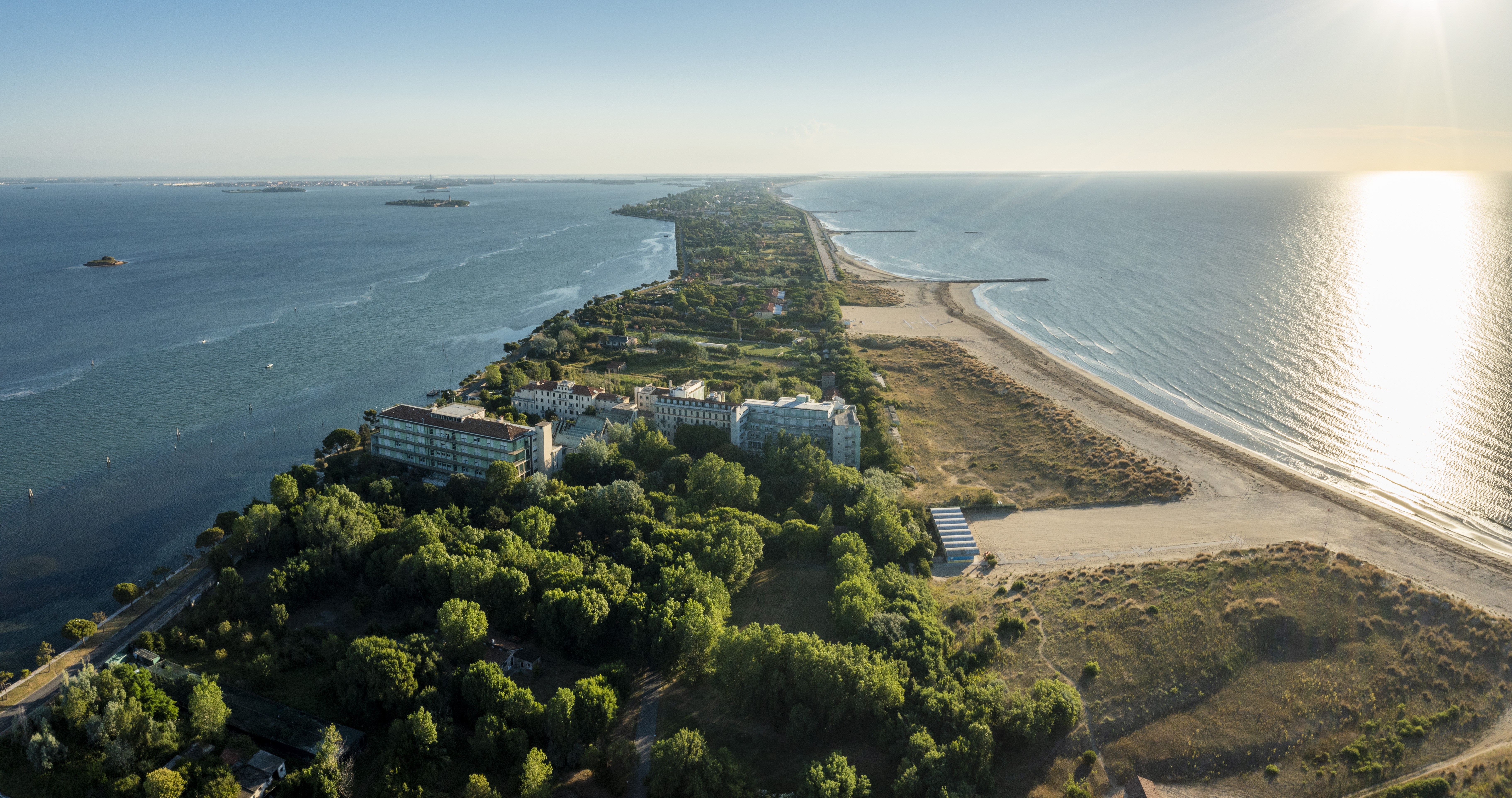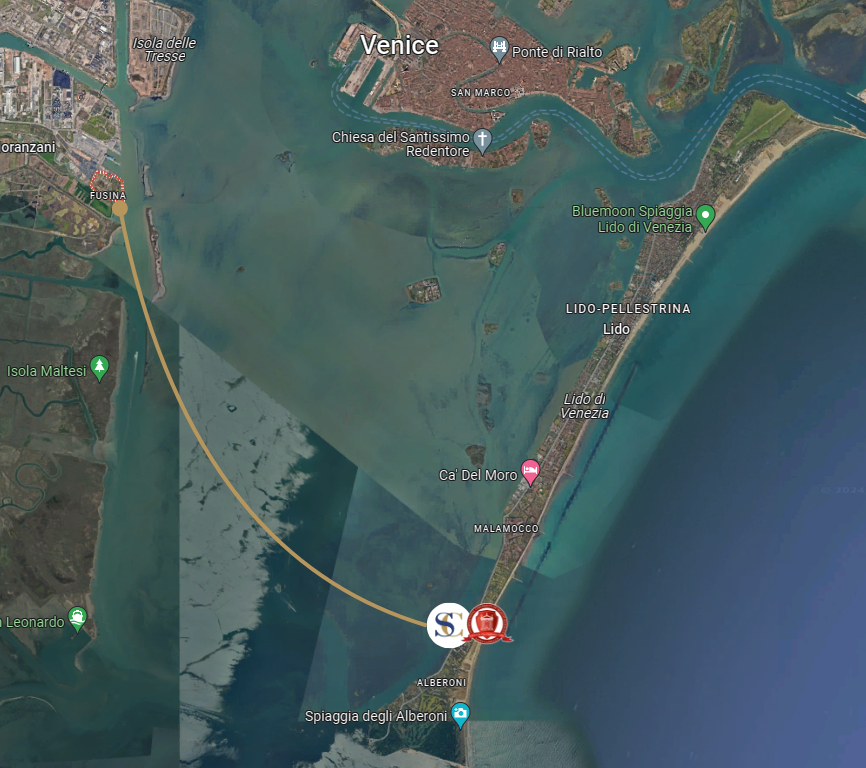- ENGLISH/ITALIANO
- About Us
- Courses
- Teaching staff
- Research
- Enrolment
- Student services
- Faq and Contact
- News
- Vacancies
- Work with us
The MSc programme in Medicine and Surgery lasts six years.
The main objective of the MSc in Medicine and Surgery is to train professionals in the field of medicine who are competent in all aspects of medical science. These professionals should be able to undertake different types of specialised training related to different branches of medicine and to perform their role within the various organisations of the national and international health system. They should also be able to engage in continuous learning and professional development processes.
The mission of the MSc in Medicine and Surgery is to train future doctors by providing them with a solid knowledge in biology and physiopathology. Future graduates should be able to manage all phases of the clinical pathway, using skills acquired through an interdisciplinary programme developed in different medical fields. This programme will be characterised by the centrality of the individual as the focal point and an anthropological understanding that recognises the dignity of the human person, paying particular attention to the reality of the sick and the value of suffering.
Special attention will also be paid to Gender Medicine, defined by the World Health Organization (WHO) as the study of the influence of biological (sex-defined), socio-economic and cultural (gender-defined) differences on the health and health status of each individual. The aim is to fully integrate this perspective into the training of future doctors, making them competent as well as aware of the centrality of a gender-specific approach in the processes of prevention, diagnosis, and treatment.
The characteristics of the doctor to be trained include:
PROFESSIONAL OPPORTUNITIES
MSc in Medicine and Surgery graduates will practise as medical surgeons in a wide range of clinical, health and biomedical professional roles and settings. Professional opportunities typically available to graduates in Medicine and Surgery include:
A Master’s degree is also a prerequisite for access to medical specialisation schools, doctoral programmes as well as other Master’s programmes.
This involves both horizontal and vertical integration of knowledge, a teaching method based on solid cultural and methodological foundations obtained in the study of pre-clinical disciplines, and subsequently focused mainly on the ability to face problems (problem-oriented learning, problem-solving), patient interaction, good acquisition of clinical skills, together with good acquisition of human contact skills.
This multidisciplinary approach makes it possible to improve, without substituting, medical skills, thus improving diagnostic and clinical performance in medical practice.
In order to achieve this goal, the educational organisation will be strongly characterised by the presence of integrated teaching, with the intention of promoting the ability to acquire knowledge not in a fragmented way but in an interdisciplinary way, and to apply it in the solution of “case studies”, also with a view to lifelong learning.
The ability to learn will be assessed through written and/or oral examinations. Students will also be assessed through tests (self-assessment tests and interim interviews), written reports by students on assigned topics and through the evaluation of the overall profile developed on the basis of predefined criteria. A consistent method of assessment will be favoured throughout the curriculum, especially in integrated courses consisting of several teaching modules. Examinations may be structured (in addition to traditional oral and/or written examination methods) according to a sequence of items suitable for verifying acquired knowledge, such as multiple-choice tests or short written answers organised around interdisciplinary problems or clinical cases, followed by examinations to assess acquired clinical skills. The assessment of acquired knowledge will focus on placing basic concepts in a multidisciplinary context.
The student is placed at the centre of the educational process, both in the planning of teaching and in the improvement of the curriculum as a whole, with the aim of encouraging personal initiative. Genuine professional competence can only be achieved after a long period of patient contact, which is encouraged from the fourth year onwards and is integrated with basic and clinical sciences throughout the educational process through extensive use of tutorial activities. The organisation of the curriculum is designed to combine a solid preclinical training with a clinical training required for the practice of medicine.
Head of School: Prof. Gabriella D’Orazi
This includes all the courses (plus corresponding ECTS credits and codes) offered under the programme for the academic year and year of enrolment mentioned below:
This includes all the courses (plus name of tutor(s) and number of hours) offered under the programme for the academic year mentioned in the validated list of modules taught file below:
Candidates wishing to sit the admissions test must meet one of the following requirements:
To complete registration for the admission test, each candidate must follow the instructions on the dedicated page and pay the relevant test registration fee.
Access to the programme is by means of an admissions test. The admission procedure is different for EU and non-EU candidates.
⇒ For more details, please refer to the dedicated page — Admission Calls.
The Venice location of UniCamillus’ Degree Course in Medicine and Surgery is located at IRCCS San Camillo Lido di Venezia – Via Alberoni, 70 30126 Lido (VE)
Telephone +39 06 40 06 40
email infocenter@unicamillus.org

Crediti fotografici: genteveneta.it
The San Camillo Hospital is a Scientific Institute for Research, Hospitalisation and Health Care (IRCCS), accredited by the Ministry of Health, specialising in “Motor, Communication and Behavioural Neurorehabilitation”. It is one of 51 centres in Italy that have obtained IRCCS recognition, which means that they are centres of excellence that carry out clinical and research activities in various scientific and medical disciplines. In this context, San Camillo is one of the few centres specialised in Neurorehabilitation, offering the most advanced programmes for the rehabilitation of neurological patients, with the aim of improving motor functions, communication skills and overall quality of life. All based on a solid foundation of multidisciplinary research.
From Lido di Venezia (Maria Elisabetta station): Take bus line A. On some routes and outside the summer period, Line 11 is also available. Get off at Alberoni San Camillo.
From Piazzale Roma: Take the vaporetto and get off at Lido(lines 6, 5.1 and 2). Then take the bus as indicated above.
From Punta Sabbioni (Cavallino Treporti): Take the no. 14 vaporetto that stops at Lido. Then take the bus as indicated above.
By car: Take the no. 17 ferry boat. This is a public transport service specially designed for the transport of vehicles and passengers, operating between Tronchetto and Lido di Venezia. On arrival, guests can park free of charge in the hospital car park.
NEWS! EXCLUSIVE WATER TRANSPORT MARGHERA – SAN CAMILLO IRCCS
The San Camillo Hospital in Venice has established an exclusive water transport service, available to UniCamillus University’s students and lecturers.
⇒ Download here the WATER TRANSPORT TIMETABLE.
Our study programmes are at the heart of the University’s educational mission and are continuously being updated by the Quality Assurance Group set up for each programme.
The Quality Assurance Group is composed of the Head of School, a Programme Director, a faculty member and a student representative. The Quality Assurance Group contributes to the design, implementation and verification of all activities related to each programme, ensuring their correct and smooth running in coordination with the University’s Quality Committee and other Quality Assurance members.
During the transitional period provided for in the Statute, the Quality Assurance Group is also called upon to perform the functions normally assigned to the Review Group.
Its responsibilities include:
1) identifying potential improvements for the programme, setting deadlines and indicators to verify the degree of implementation;
2) verify the achievement of predetermined objectives or identify reasons for non-achievement or partial achievement;
3) preparation of the Annual Monitoring Sheet;
4) preparation of the Cyclical Review Report.
Quality Assurance Group for the Medicine and Surgery programme
⇒ Go to the dedicated page to UniCamillus student benefits in Venice

The Fusina pier is located at the Mestre-Venice motorway exit. After the exit, follow the indications for Ravenna and the Parking+Boat to Venice signs in the Malcontenta-Fusina direction.
Our service operates with two departures from Fusina at 7:30am and 9:30am, and two return journeys from IRCCS San Camillo to Fusina at 4:30pm and 6:30pm.
Boats are equipped for transporting disabled people as well.
→Until 31st May 2024 you can buy a monthly ticket for 40 euros, following the procedures currently in place. The ticket includes the possibility of using the private car park in Fusina and covers only the Fusina-IRCCS San Camillo route.
Single tickets can be purchased at the Fusina Camping reception or at the Fusina Terminal ticket office, 200 metres from the campsite exit.
→From 31st May to 16th September, passes and tickets will have to be purchased either directly from the Fusina sales points or online. The monthly pass during this period is priced at 70 euros (including parking*) and allows access to all routes operated by the service.
For more details, please visit the official Fusina Terminal website at: www.terminalfusina.it/it/navigazione/linee
For enquiries, please contact infocenter@unicamillus.org
⇒ Download details and TIMETABLES OF THE BOAT SERVICE here.
*Parking is free for the first day only for users who purchase single tickets. For example, if you arrive at the San Camillo Hospital by boat on Wednesday and return on Friday, parking will be free for you only on Wednesday.
“Reports from students” is the service through which UniCamillus students can report and notice on topics such as teachings or organization. It aims to promote efficient and direct communication between students and University Offices.
Contacts:
→ Reports to the contact person on site: martina.capitanio@unicamillus.org
→ Reports to Didactic Administrative Office of the Degree Course: medicina.venezia@unicamillus.org
The Medicine Degree Course secretariat (Venice Campus) answers by phone at 041 2207233 at the following times:
→ Request related to academic career: office@unicamillus.org
→ Requests to Student Representatives (Representatives’ task is to collect student suggestions and recommend activities to encourage students to actively participate in university life):
| Year of enrolment 2023/2024 | • Antonio Mottola | med.rapp.venezia23-24@ |
| • Carlo Cascone | med.rapp.venezia23-24@ |
⇒ Regulations for the MSc in Medicine and Surgery (Venice campus) – Academic Year 2024/2025 (in Italian)
⇒ Regulations for the MSc in Medicine and Surgery (Venice campus) – Academic Year 2023/2024 (in Italian)
⇒ Fees and Contributions Regulations of the MSc in Medicine and Surgery
⇒ Badge regulations (in Italian)
⇒ Venice campus application procedure regulations (in Italian)
⇒ Download the Annexe A Venice campus application procedure regulations (in Italian)
Private apartments
For private accommodation offers and accommodation information requests, please contact medicina.venezia@unicamillus.
Disclosure UniCamillus:
The university assumes no responsibility for the housing solutions offered, acting solely as an intermediary for information and contacts, which will then be managed directly by the student and the facility.